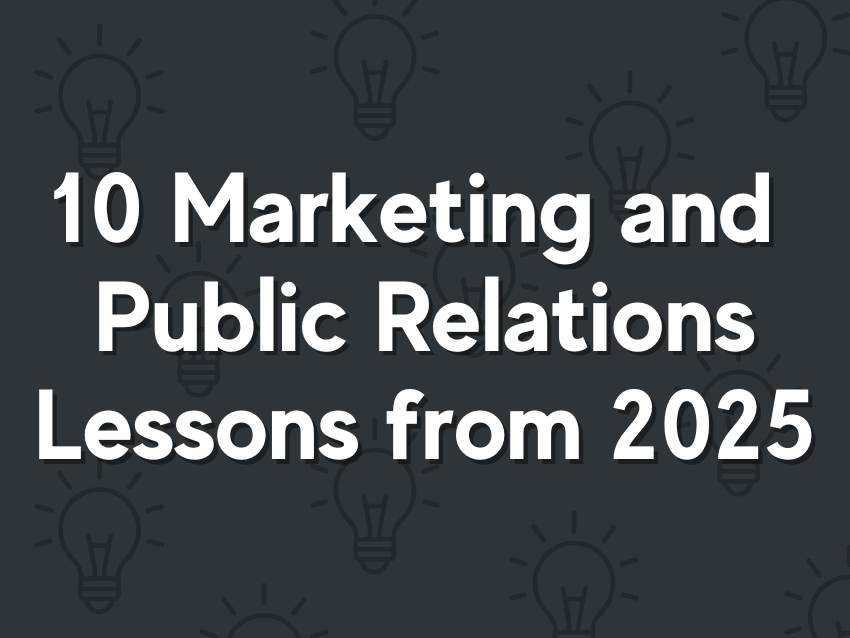Once you’re established in your career, it can be difficult to shift focus and move into one specialty. But finding a niche is possible and it can open up a whole new world of clients.

Donald Snyder, CPA and partner with accounting and consulting firm Green Hasson Janks, successfully repositioned himself to become an expert in the food and beverage sector, which has now become one of the firm’s largest specialties. He joined the Law Firm Marketing Catalyst podcast to talk about his experience and to share five tips for other professionals looking to break into a specialized market.
- Talk to the Experts
Before settling on a niche, you need to learn everything you can about the industry, and who better to learn from than the experts themselves? Scroll through LinkedIn and identify attorneys, bankers and other service providers for the industry you want to break into, and then pick their brains over lunch or a coffee. Ask them how they became successful, how they market themselves and how they stay up-to-date on industry news. Make sure to speak to people from both large and small firms, too.
Once you’ve gotten insight from people already in your target industry, use that information to determine what would work for you and what wouldn’t. Does it seem like there’s opportunity in this industry? Do you have the skills to provide services that are lacking? Where would you fit in among competitors? Would your firm support you? Use what you learned from the experts to help you answer these questions.
- Start Small
No matter how hot an industry is, you’re not going to have a huge book of business overnight. Don’t let that discourage you—just start where you can, and your work will expand with time. It’s also possible that your firm will not support your niche practice right out of the gate. If you have limited resources, use them wisely and remember that small steps will lead to bigger things.
Don initiated his move into the food and beverage industry by buying a database of companies and sending a simple email newsletter out to the list. The majority of emails were undeliverable or unopened, but a few people were interested, and the list of subscribers grew from there.
Once people started following the newsletter, Don began hosting industry seminars and forums for other service providers. He also attended food and beverage conventions. Through these events, he was able to make valuable connections with colleagues and potential clients, allowing him to move into a lucrative specialty.
- Don’t Worry About Missing Out on Other Opportunities
It’s a common fear that specializing in one industry means you’ll miss out on opportunities from other sources, but the opposite is true. Having a niche means you’ll get more business from quality clients. A specialization will differentiate you from competitors and create trust with clients—after all, if you focus most of your attention in one area, you must be an expert in it.
Interestingly, having a niche won’t necessarily hinder business from other industries, either. Donald is still getting numerous leads in areas outside food and beverage, because his professional contacts know he’s good at what he does, regardless of the industry. People still refer business to him based on his individual skill and the reputation of his firm.
- Don’t Rush Things
Once you’ve found a new niche, it takes time to differentiate yourself from other service providers and firms. Allow yourself at least a couple years to find your place, gain a deep knowledge of the industry and identify the unique skills you bring to the table. Although you may get passed over for people with a longer history in the industry at the beginning, with time, you’ll find clients that appreciate your approach. When making a professional transition, the most important thing you can have is patience.
- Base Your Specialty on What You Already Know
You can specialize in anything if you’re passionate about it, but that passion needs to be grounded in your existing skills and what your firm already offers. Start with the clients you already serve and use that as a jumping-off point to see if there are any related services or industries you can move into.
For example, the cannabis industry is booming right now, but if you enter that industry with no knowledge whatsoever, you’re going to have a steep learning curve and a disadvantage compared to people who’ve been in the field for years. If you decide you want to do valuations, but your firm has never offered that service and none of your colleagues do valuations, it’s going to be extremely difficult to start that practice from scratch.
The first thing any potential client asks about is your experience in their sector. You can’t lie to people and tell them you’ve done similar work when you haven’t. But if you have even a little experience or knowledge of a related industry, that gives you more of a leg to stand on. Make things easier on yourself by choosing a niche that works with your current expertise and experience.
Click here to download/subscribe to the Law Firm Marketing Catalyst podcast.



